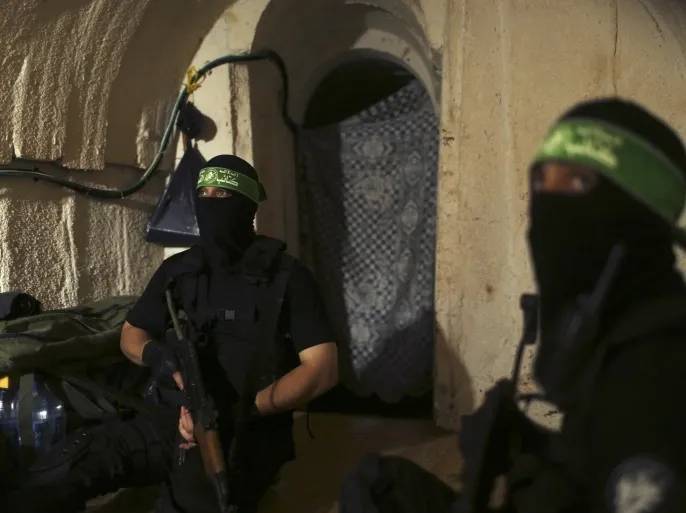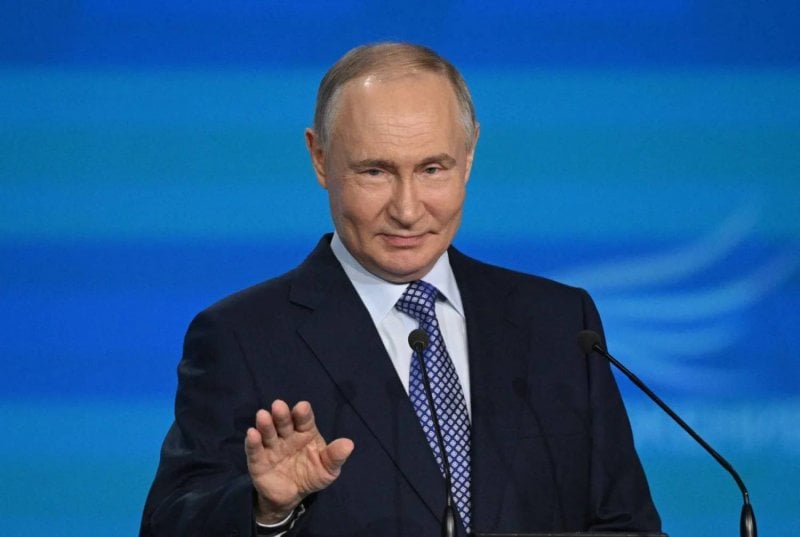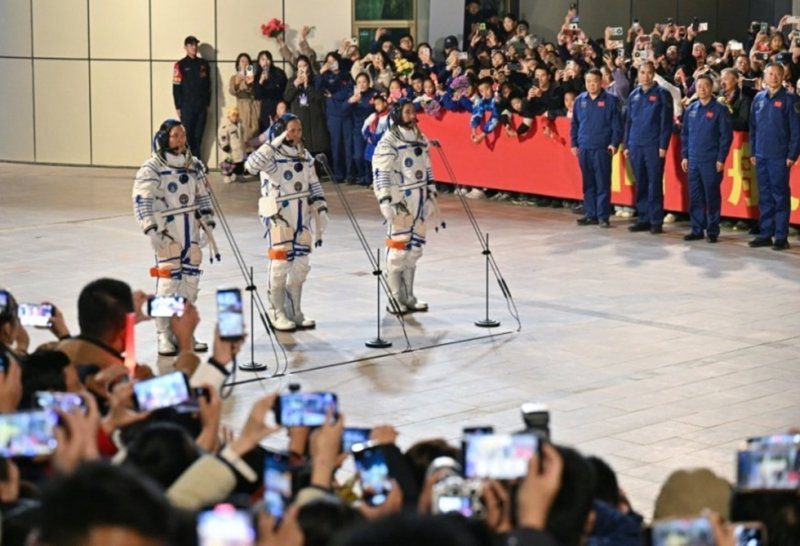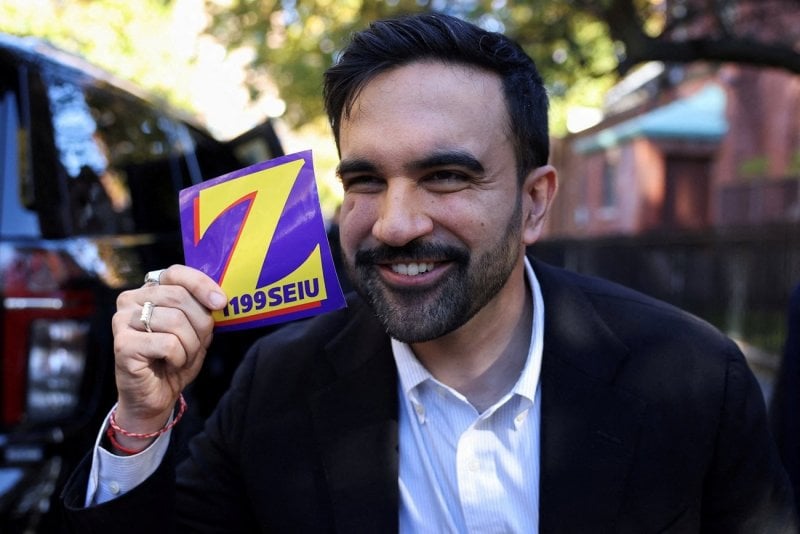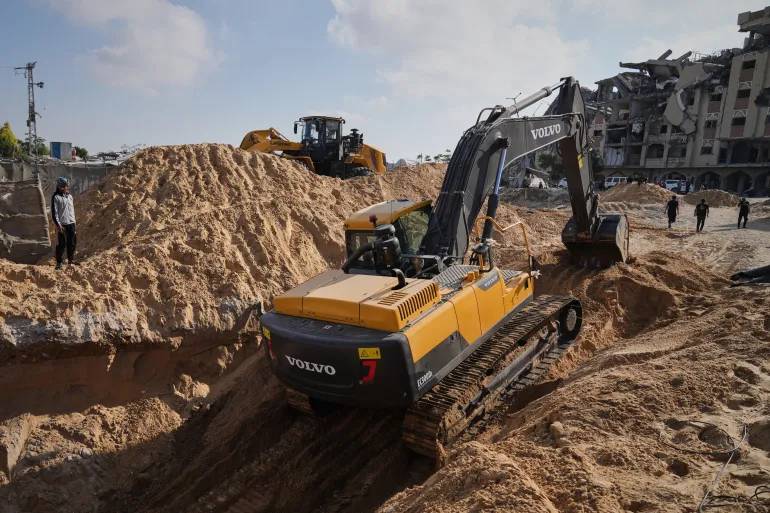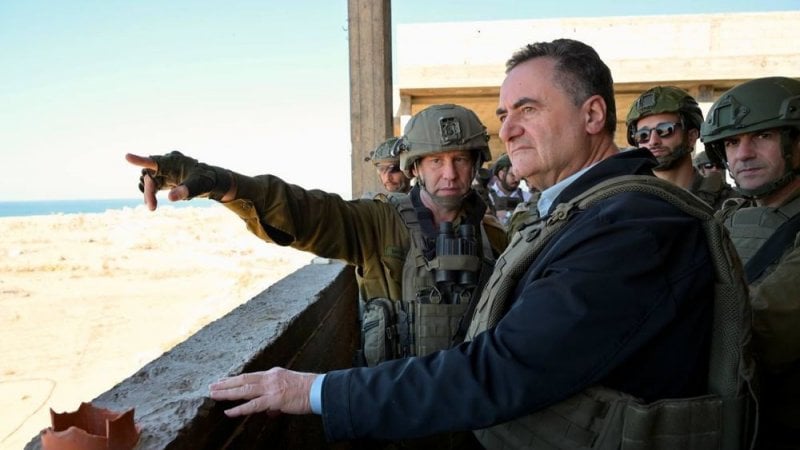
According to the Israeli newspaper “Haaretz”, Western intelligence estimates indicate that Hezbollah has partially succeeded in restoring its military supply network, by receiving shipments of weapons from Iran through Iraqi and Syrian territory. At the same time, Israeli intelligence confirms that the party continues to rebuild its capabilities and strengthen its influence within Lebanon, especially in the area north of the Litani River.
The Israeli Broadcasting Corporation نقلت a warning that “there will be no fortified place in Lebanon if the party continues to rearm,” in reference to the series of near-daily air raids launched by Tel Aviv against targets believed to belong to the party in the south and Bekaa, without these raids yet developing into a full-scale war.
The Israeli military escalation is practically represented in precise targeting of field leaders from the party, the latest of which was in Nabatieh, where a member of the party was killed as a result of a raid carried out by a drone, a few days after the killing of a field commander in the “Radwan Force”, the offensive arm of the party.
Israeli Prime Minister Benjamin Netanyahu has affirmed that his country “will not allow Lebanon to be turned into a new front,” while Defense Minister Israel Katz has hinted at the possibility of “striking Beirut” if the party continues in what he described as “playing with fire.”
In Beirut, official statements reflect an atmosphere of caution and a delicate balance between international pressures and the requirements of national sovereignty.
President Joseph Aoun has called for “adopting the language of negotiation,” stressing that war is not an option and that Lebanon is committed to the November 2024 agreement, which stipulates a permanent truce and cessation of hostilities.
For his part, Foreign Minister Youssef Rajji affirmed that the government sees a diplomatic solution as the only way to avoid escalation, stressing that weapons should be restricted to the state and adhering to the Taif Agreement, and pointing out that “neutralizing Lebanon from the policy of axes is the only way to protect its internal stability.”
Former advisor in the Israeli Ministry of Defense, Alon Avitar, warned that the region is standing on “the threshold of a crisis wider and more dangerous than previous rounds of tension,” stressing that the situation in southern Lebanon is heading towards a “dangerous escalation path,” and that the border file with Lebanon is at the forefront of Israeli attention.
In his interview with “Sky News Arabia”, Avitar said that Israel has a complete intelligence file on the rearmament of Hezbollah, adding that Tel Aviv has transferred detailed information to the US administration and international mediators about the continued smuggling of weapons through Syrian territory, despite limited attempts by Damascus and Beirut to reduce it.
He pointed out that smuggling and rearmament operations are continuing north and south, and that Israel is responding to them with “fiery messages” aimed at deterrence, not open war.
Avitar explained that Israel uses raids as warning messages confirming its readiness to move on the ground when necessary, stressing that the Israeli military presence on the border “is a defensive measure, not an occupation, aimed at protecting the northern borders after building the border wall.”
He considered that there is “a wide gap between Lebanese political statements and practical measures,” stressing that no actual confrontation between the Lebanese army and the party has been recorded yet, while “smuggling and rearmament operations continue,” which raises the possibility of a new confrontation breaking out in the south day after day.



